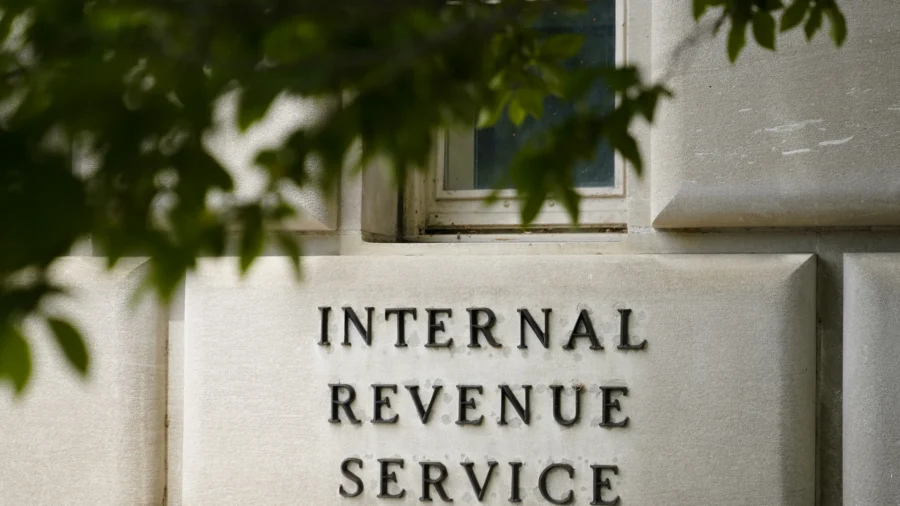The Internal Revenue Service (IRS) has announced the extension of its Free File program through 2029. This extension comes as part of a five-year agreement between the IRS and Free File Inc., a consortium of tax preparation software companies.
The Free File program, which began 22 years ago, is a public-private partnership that allows eligible taxpayers to file their federal tax returns at no cost using online software provided by private sector companies.
This partnership, accessible exclusively via the IRS’s website, has grown in recent years as a preference for millions of Americans opposed to traditional ways of filing.
“Free File has been an important partner with the IRS for more than two decades and helped tens of millions of taxpayers,” Ken Corbin, chief of IRS Taxpayer Services said in a press release on May 22. “This extension will continue that relationship into the future. This multi-year agreement will also provide certainty for private-sector partners to help with their future Free File planning.”
Increasing Usage
The IRS in its announcement reported that the Free File program experienced notable growth this year, with 2.9 million tax returns filed through the system as of May 11, marking a 7.3 percent increase from the 2.7 million returns filed during the same period last year.
IRS Commissioner Danny Werfel emphasized the program’s importance, stating the program remains an important part of the IRS portfolio to help Americans file for free.
“We were pleased to see growth in the program this year, and we look forward to continuing this important collaboration with the tax software industry,” he said in the program extension press release. “Free File was part of a successful filing season at the IRS that saw increased interest in a range of free programs to help taxpayers.”
For the 2023 tax year, taxpayers with an Adjusted Gross Income (AGI) of $79,000 or less were able to access the Free File program.
Eight private-sector partners, including well-known providers like TaxAct, TaxSlayer, and TaxHawk (FreeTaxUSA), offer guided tax software products through the program. The IRS added that they ensure that all participating companies meet rigorous security and privacy standards to protect taxpayer information.
Those with an AGI over $79,000 were able to utilize the IRS’s Free File Fillable Forms, which provide a free option for preparing and filing federal taxes.
The multi-year extension is set to provide stability and planning certainty for both the IRS and its private-sector partners.
Other IRS Programs
In addition to the Free File program, the IRS highlighted increased participation in other free tax preparation services.
The Volunteer Income Tax Assistance and Tax Counseling for the Elderly programs prepared 2.6 million tax returns this season, reflecting a growth of 200,000 returns compared to the previous year.
The IRS also experimented with a Direct File pilot program, allowing taxpayers to file directly with the IRS for the first time this year.
This initiative attracted several hundred thousand participants from 12 states, with 140,803 taxpayers utilizing the service to file their federal returns. Taxpayers from the following states were eligible to use the service—Arizona, California, Florida, Massachusetts, Nevada, New Hampshire, New York, South Dakota, Tennessee, Texas, Washington, and Wyoming.
The IRS initially launched to only certain taxpayers in those states, with a full scale launch to all taxpayers in those states prior to the end of this year’s tax season, noting early users had given the new option “positive reviews.”
Direct File has faced significant criticism from various quarters, however. Commercial tax preparation software companies, such as Intuit, argue that the service, while marketed as free, will ultimately cost taxpayers billions and undermine existing free options.
Additionally, a coalition of 13 Republican Attorneys General has voiced strong opposition, labeling Direct File as an unnecessary and unconstitutional expansion of IRS authority.
They contend that this system creates a conflict of interest, as the IRS would act as both tax preparer and auditor, which could disproportionately affect low-income and vulnerable Americans, and threaten the livelihood of small tax preparation businesses.
Naveen Athrappully contributed to this report.
From The Epoch Times

